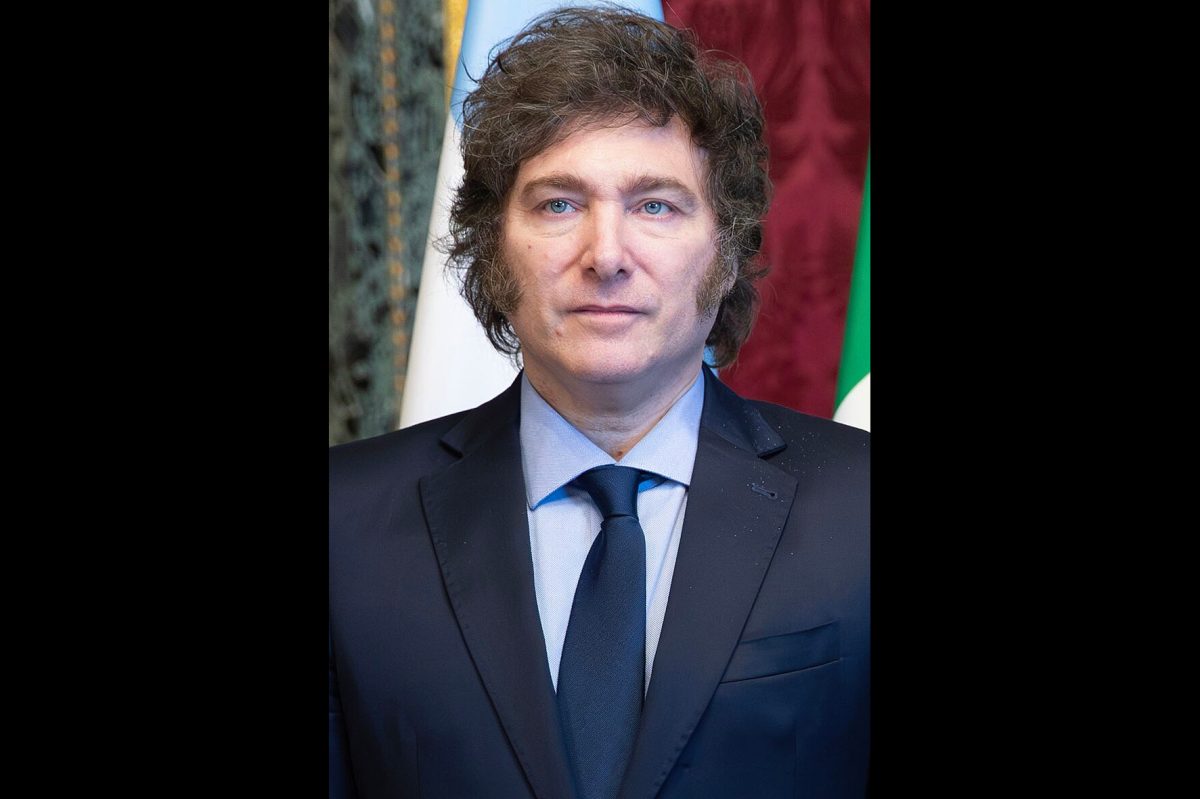The new Argentine president, Javier Milei, who took office approximately two months ago, on December 10, has had little time in office but has already implemented some great changes that have the power to enormously change the condition of the economy and the social climate. of the nation.
Milei is an economist and political commentator who quickly gained popularity in Argentina with promises of major economic reforms. Milei faces many challenges as president, including a 200% inflation rate, growing poverty in recent times and a polarized population. Despite this, he has promised a “new era” for the country, telling his followers after his inauguration to “be aware that we are going to begin the reconstruction of Argentina after more than a hundred years of decline, rethinking the ideas of freedom, although we are going to have to go through a period of hardness, we will move forward […] We are going to be a power again.”
The area of greatest focus for Argentines is, clearly, the economy. In this regard, President Milei has already met with senior officials in Washington, DC, and his economic team has collaborated with officials from the International Monetary Fund (IMF) to formulate a plan aimed at reshaping the country’s foreign policy and guiding the economy out of the current crisis. He has also said that he intends to dollarize the country, which, if implemented, would be the first time that a country the size of Argentina has given control of its own monetary policy to the United States. But for now, this has not happened. What Milei has done, however, is that he has devalued the currency for the purpose of promoting exports. This will clearly benefit the country’s exporters, but harms ordinary people, because everything that is in dollars has become very expensive for them. This resulted in a walkout.
Also to save the government money, Milei has decided not to renew the contracts of more than 5,000 public employees hired in 2023 by the public government and reduce the number of ministers. The purpose of this is primarily to cut public spending, and additionally, to stop the practice of hiring in recent months by previous governments. People benefit from this, because in the end, they are the ones who pay public expenses. Fortunately, most people in Argentina are familiar with the idea that there are too many extra employees in the government, so most Argentines did not see this decision as bad, except for the people who were left without a job. Clearly the government employees were not happy to hear this news and started an employee protest.
Milei has also implemented an open skies policy, which means that any company that wants to fly over Argentina is allowed to do so. This breaks the monopoly that Aerolíneas Argentinas (AA) had and encourages competition to lower plane ticket prices. This benefits the government, because the AA was a public company that the government was supporting. In this way, this decision lowers public expenses. This decision hurts AA employees, who protested. They may give employees a call option to buy from the airline.
Milei has approved a law to regulate protests. The new rules include that companies and organizations that get involved in the courts have to register, it is prohibited to wear a face covering, bring children, carry weapons, foreigners are not allowed, and if they interrupt traffic or cut routes they are charged a fine. These rules ensure order and benefit people, but in the same way they could inhibit their right to protest because it becomes a little more difficult. The people of Argentina generally agree with these reforms because they were already tired of the disorder, the roadblocks, and their lives being interrupted by the protests. Even the companies organizing the protests have complied with the rules so far.
Milei has decided to suspend government advertising in the press for at least a year. This will lower public spending, but will also cause there to be less communication between the government and the people, causing the people to be less informed and possibly support the government less as they do not publish their ideas in the press. The reaction to this decision has been neutral.
Milei has decided to suspend public works and privatize. This will lower public expenses because there will be less public investment and more private investment, and it will end corruption in public works where the money was given to a company, construction was slow, in the end the work was not finished and it could not be justified where it went. It was the money. This benefits people but also harms them, because if there is new construction, such as a new and fast route, it will be private, and people will have to pay tolls, so some will not be able to take it if they cannot pay. This change is new, so there hasn’t been much reaction yet, but when it starts to affect people’s daily lives they may react negatively.
Finally, another big change has been the end of the National Endowment for the Arts. This will lower public spending and in that way it will benefit the people, but it hurts the artists, because there will be less culture and we will lose some great things that were in the background. The reaction to this has been sad, because Argentina is a country of great artists and it is difficult to lose that. This decision aligns with Milei’s promise to cut public spending by closing Argentina’s ministries of culture, education, and diversity and eliminating public subsidies.








































